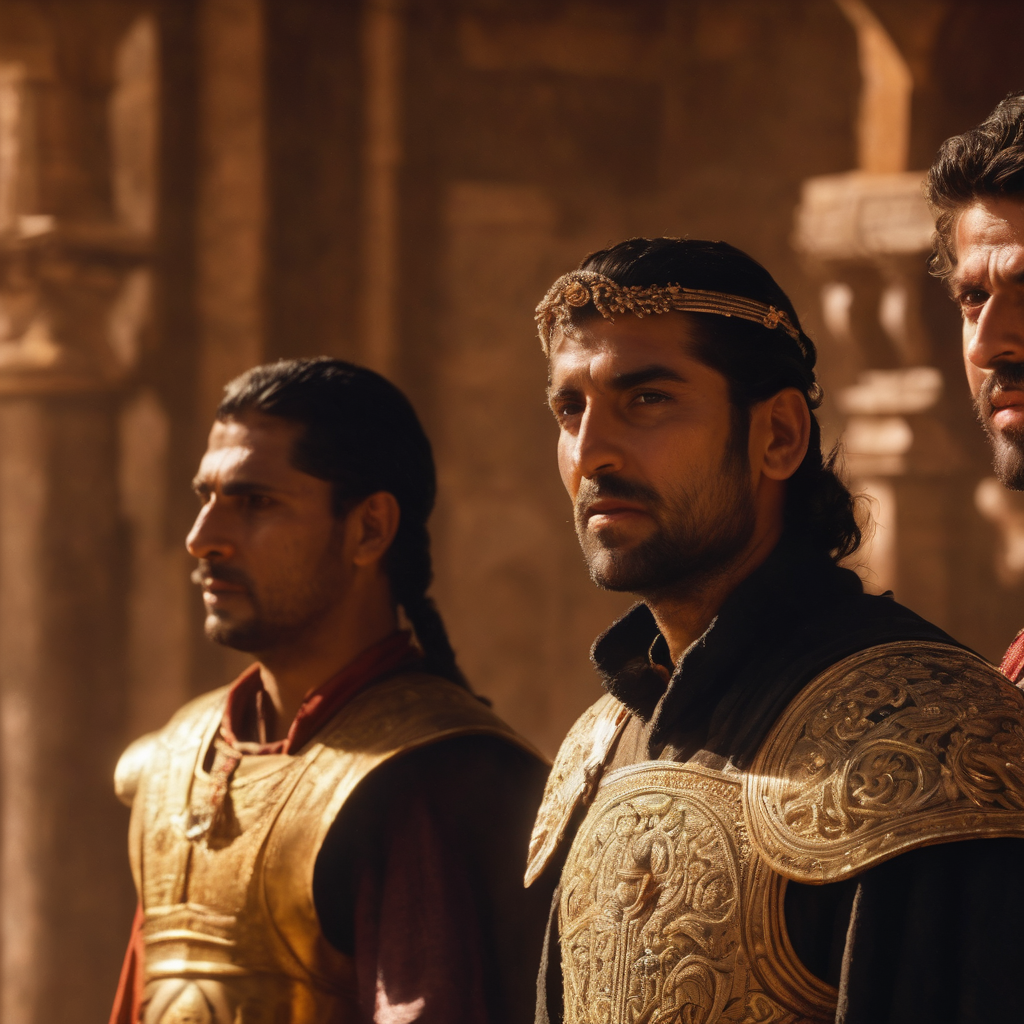
In the grand tapestry of history, the reigns of two eminent emperors, Constantine of Rome and Ashoka the Great of the Mauryan Empire, shine as exemplars of astute leaders who harnessed grassroots religious movements to consolidate political power. The adoption of Christianity by the Roman Empire and the public endorsement of Buddhism by the Mauryan Empire, both initially perceived as calculated power grabs, ultimately led to positive psychosocial outcomes, catalyzing a profound shift in social consciousness that empowered the common citizenry.
Constantine, the shrewd Roman Emperor of the 4th century CE, confronted a vast and diverse empire teetering on the brink of internal discord. Recognizing the unifying potential of Christianity, Constantine’s embrace of the faith marked a strategic move to secure his own power. However, the unintended consequence of this religious adoption was a transformative shift in social consciousness. The principles of Christianity, centered around humility, compassion, and communal harmony, permeated Roman society, fostering a newfound sense of unity among its citizens.
The institutionalization of Christianity as the state religion under Constantine’s reign contributed to the creation of a moral framework that transcended traditional power structures. The Christian ethos, emphasizing moral conduct and empathy, gradually influenced societal values, paving the way for a more inclusive and compassionate social order. In essence, what began as a calculated power move by Constantine evolved into a positive force that empowered the common citizenry through shared moral values.
Ashoka the Great, ruling the Mauryan Empire in the 3rd century BCE, similarly undertook a calculated strategic move by endorsing Buddhism as a state-sponsored religion. The aftermath of the Kalinga War left Ashoka seeking redemption and prompted his personal conversion to Buddhism. However, the ramifications of this religious adoption were not confined to the emperor’s personal journey; they reverberated throughout the Mauryan Empire, heralding a transformative era.
Ashoka’s inscriptions on pillars and rocks, disseminating Buddhist principles, contributed to the creation of a society rooted in non-violence, tolerance, and ethical conduct. The positive psychosocial outcomes of this religious endorsement were profound. The principles of Buddhism, emphasizing compassion and the well-being of all beings, permeated Mauryan society, fostering a sense of empathy and communal responsibility among its citizens.
The unintended consequence of Ashoka’s calculated power move was the empowerment of the common citizenry through a shared commitment to moral and ethical values. Buddhism, with its emphasis on non-violence and compassion, became a unifying force that transcended social divisions. The moral consciousness that emerged from Ashoka’s religious endorsement contributed to a more humane and egalitarian social fabric, empowering individuals to participate in a collective pursuit of virtue and ethical living.
In both cases, the imperial adoption of grassroots religious movements initially driven by the rulers’ quest for personal power led to transformative shifts in social consciousness. The unintended positive psychosocial outcomes included the creation of moral frameworks that empowered the common citizenry through shared values of compassion, tolerance, and communal harmony. Constantine’s embrace of Christianity and Ashoka’s endorsement of Buddhism stand as testament to the capacity of calculated power moves to catalyze positive societal transformations, leaving an enduring legacy of empowerment for generations to come.